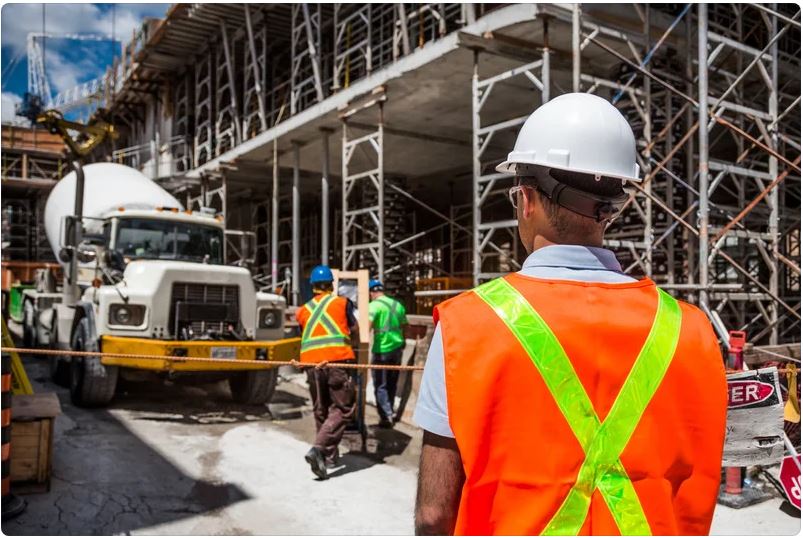NDP Passes “Card Check” Certification and New “Raiding” Rules Amendments to Labour Relations Code
In April, the BC NDP Government tabled amendments to the BC Labour Relations Code (see our April, 2022 Employer Alert) to introduce a single-step “card check” certification, which would replace the current, longstanding secret ballot vote regime, as well as to change rules for how a new union can displace an existing one, known as “raiding” in the construction industry.
On May 17, 2022, the Labour Relations Code Amendment Act, 2022 (the “Bill”) passed third reading. The Bill is expected to receive Royal Assent and thus take effect in the near future.
The Bill introduces two major changes.
Single Step, Card Check Certification
The current certification regime, which requires a secret vote of affected employees after the union provides union “cards” showing a minimum level of support, will be replaced with a single step, “card check “system. Now as long as the union provides evidence 55% or more of employees in a proposed bargaining unit have signed union cards, the Labour Relations Board will automatically certify the union without requiring a vote. If more than 45% and fewer than 55% of the employees sign union cards, then the Board will still order a secret vote.
As we noted earlier, “card check” was rejected by the government’s own expert panel and is inconsistent with labour law principles globally, Furthermore, it is quite likely a breach of employees’ Charter right of freedom of association or, more accurately, the related right not to be forced into a union, with all its consequences and costs) through undemocratic processes.
As discussed in our April Alert, this new system is ripe for abuse since:
- Union can make unrealistic or even outright false promises or use peer pressure to get employees to sign union cards;
- Employees may not understand that signing a card is their final say on unionization and may still expect they get to vote;
- The LRB makes no real effort to check that the employees who signed cards understand the consequences or, indeed, still support unionization.
From past experience, we know this will increase the rate of unionization certifications by approximately 20%, putting some employers at higher risk of unionization. Experience also tells us that many of these certifications will not have solid support and result in labour relations impasses and then decertifications.
Raids in Construction Industry
Currently, the Code only permits employees in the construction industry to change union representation every three years. Under the amendments, employees will be permitted to change their union representation every year in July or August.
Conclusion
Employers who are potentially at risk of unionization should be developing strategies to mitigate against unionization and should review their situation with experience counsel. If you want more information on this topic, you can contact us at:
Geoffrey Howard: ghoward@howardlaw.ca
604 424-9686
Sebastian Chern: schern@howardlaw.ca
604 424-9688




